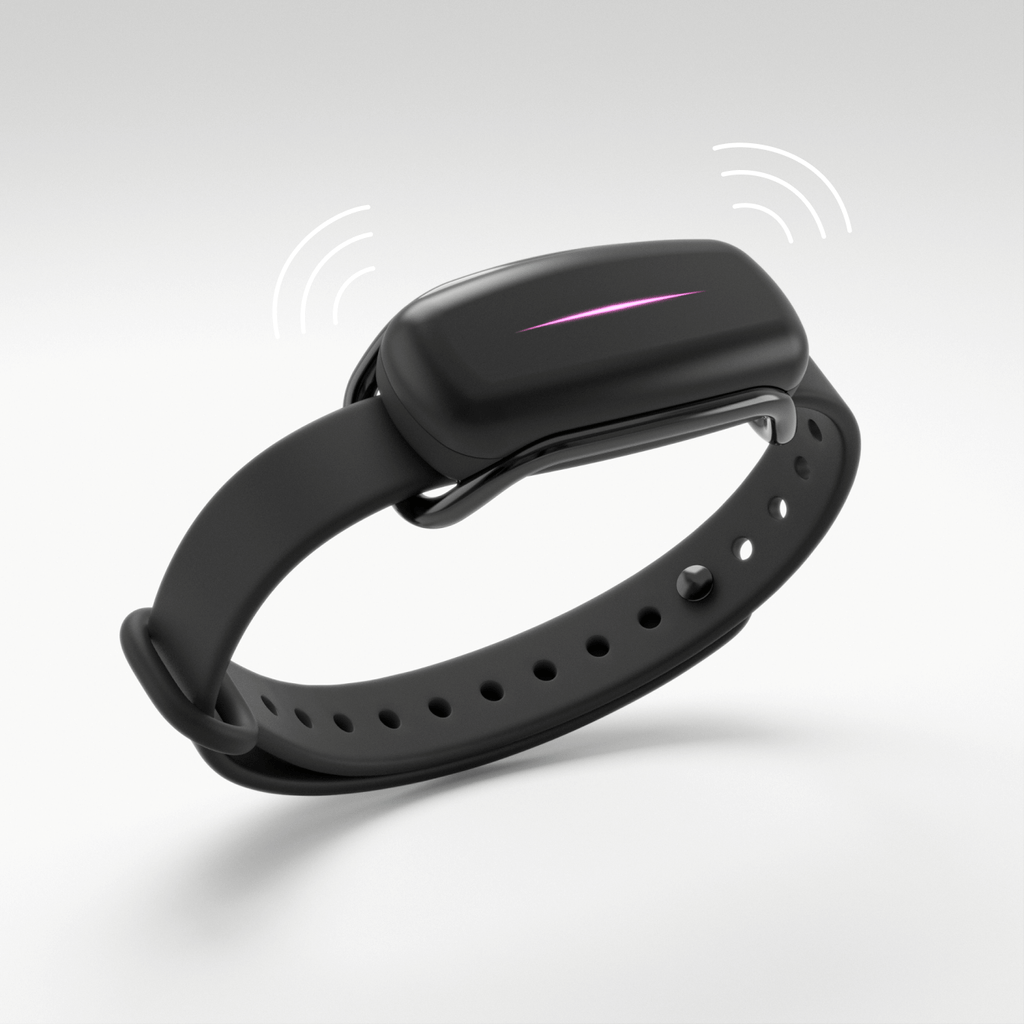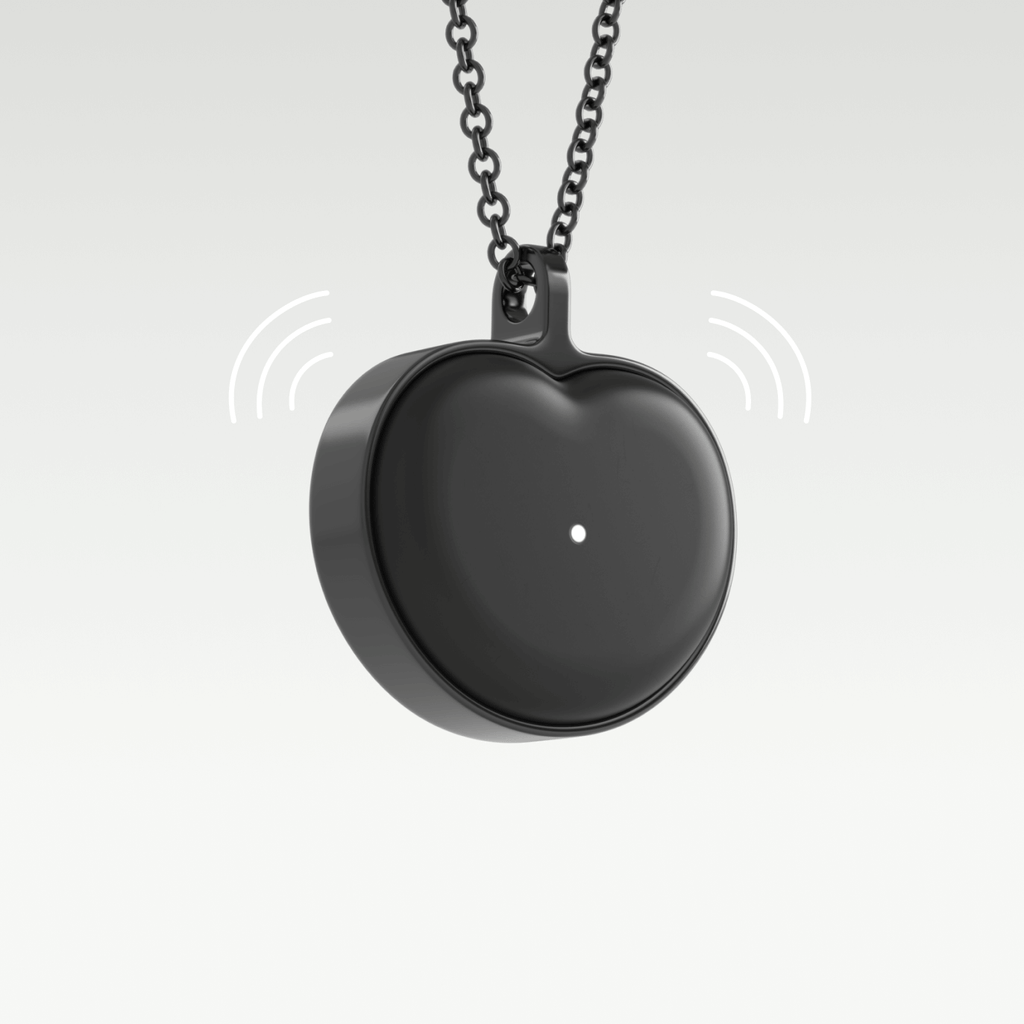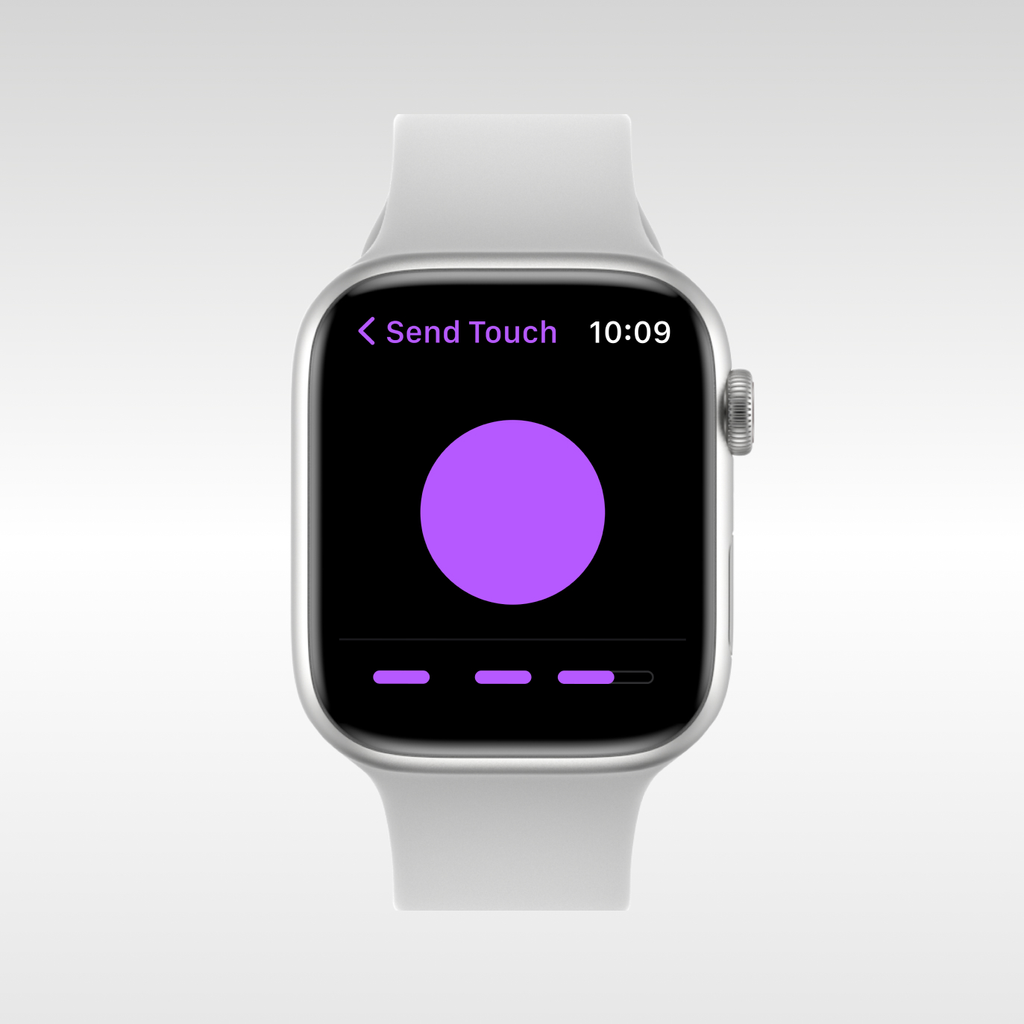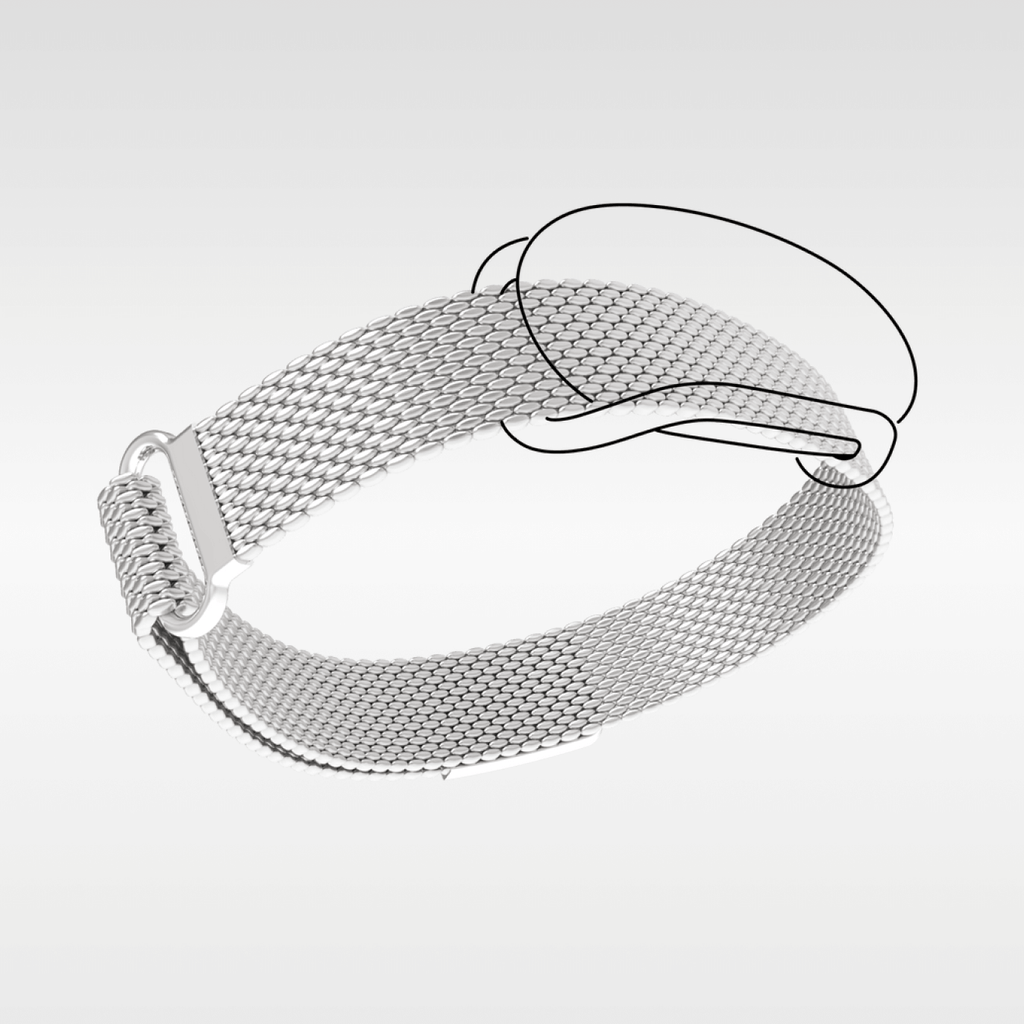When you break up with someone, it can feel like your whole world is crumbling. This is not an over-exaggeration, this is your brain is going into overdrive trying to process the heartbreak. Raise your hand if you've had sleepless nights trying to get over someone, or feeling like you can't eat!
When we go through a break up, our brain gets confused and disoriented. Since the person lives in our neuronal connections, we expect to see them, hear them, feel them, and touch them. The stress from a break up is real and can even cause physical symptoms. If you are going through it... we can't take the pain away, but we can help you understand the symptoms.
1. Your brain is trying to protect you
Your brain is hardwired to protect you from pain, and a break-up can be extremely painful. To defend against this pain, your brain may try to convince you that the relationship wasn't good for you anyway. It might do this by highlighting all the negative aspects of the relationship or your ex-partner. Alternatively, it might try to make you feel better by making you feel like you're not alone—which is why break ups often lead to binge-eating, drinking, or hooking up with someone new. If you find yourself turning to unhealthy coping mechanisms, it's important to talk to a friend or therapist who can help you get through this tough time in a healthy way.
2. Trouble concentrating
It's tough to focus on work or school when you're going through a break up. That's because your brain is preoccupied with thoughts of your ex. You might find yourself daydreaming about what could have been, or replaying past arguments over and over again in your head. This can make it hard to concentrate on anything else. Eventually, though, the obsessive thinking will start to subside and you'll be able to focus again. In order to accelerate this process, try doing something physical. This can help take focus away from what going on in your head to focusing on your body.
3. Feeling depressed
Your brain is flooded with stress hormones when you break up with someone. This can lead to feelings of sadness and depression. You may have trouble sleeping, lose interest in activities you used to enjoy, and eat less (or more) than usual. These symptoms should start to improve after a few weeks or months. If they don't, it might be time to talk to a doctor or therapist about clinical depression.
4. Trouble remembering
Being stressed out can take a toll on your memory. This means you might have trouble remembering things that happened before the break up (like important dates or conversations). This symptom should go away as your stress levels start to fall after the break up. In the meantime, try using reminders (like setting alarms on your phone) or keeping a journal.
5. Acting Impulsively
Studies have shown that people going through a break up are more likely to take risks or act impulsively. This may be due to the release of stress hormones like cortisol, which can affect decision-making ability. Remember you are having to process a traumatic experience and being impulsive may at first seem like a sure way to change your state of mind. Make sure you don't make any rash decisions that you will regret later.
6. Giving yourself time to grieve
It's important to give yourself time to grieve after a break up. This doesn't mean wallowing in your sorrows for weeks on end. But it does mean accepting that you're going to feel sad, angry, or frustrated from time to time. Trying to bottle up these emotions will only make them worse in the long run. So instead of trying to forget about your ex, allow yourself to feel whatever you're feeling. Cry if you need to cry, punch a pillow if you need to punch something. Just don't take your frustrations out on other people (or yourself).
For anyone going through it right now, just know it WILL get better!







